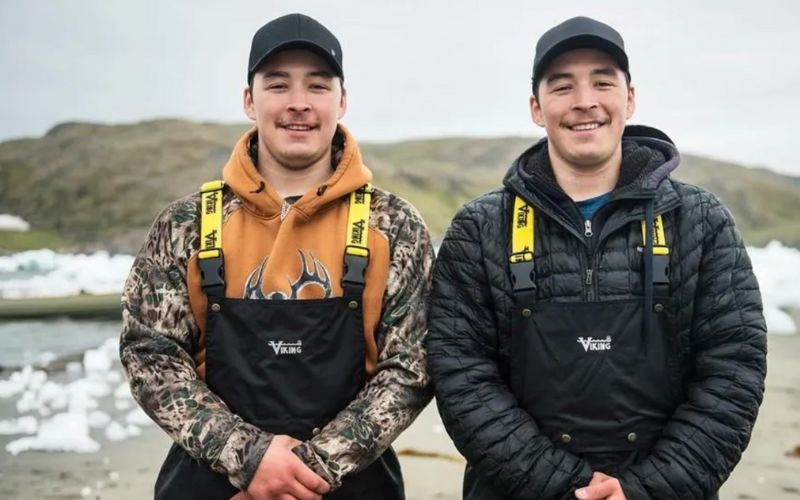
- Details
- By Kaili Berg
The Nunavik Police Service (NPS) responded to a disturbance call involving the brothers, and as the situation escalated, officers reportedly used pepper spray and electric shock weapons to subdue the men, ultimately resorting to gunfire.
The Bureau des enquêtes indépendantes (BEI), Quebec's police watchdog, is currently investigating the circumstances, while the Sûreté du Québec is conducting a separate criminal inquiry.
The incident has sparked outrage within the community of Salluit and beyond. On November 6, 2024, approximately 60 people gathered in Kuujjuaq, the administrative center of Nunavik, to protest the actions of the Nunavik Police.
The BEI has initiated an investigation into the circumstances surrounding the shooting, with five investigators assigned to the case. Additionally, the Sûreté du Québec has been tasked with conducting a criminal investigation to ensure a thorough and impartial examination of the events.
The police shooting of the Papigatuk brothers underscores a broader pattern of police violence against Indigenous populations in Canada. According to a 2021 report, Indigenous people make up a disproportionate share of police-involved fatalities nationwide.
In Quebec, where Nunavik is located, the rate of serious incidents involving the NPS is among the highest in the province, with over four percent of cases investigated by the BEI occurring in Nunavik between 2016 and 2018.
Advocates argue that systemic racism, a lack of cultural understanding, and inadequate training have contributed to these alarming statistics.
In the aftermath of the Salluit incident, a GoFundMe campaign titled "Justice for the Salluit Twins" has been established to support the Papigatuk family. The funds aim to cover travel and accommodation expenses as the family seeks specialized medical and mental health services.
The death of Joshua and the critical injury of Garnet have reignited discussions about the urgent need for police reform and the implementation of non-lethal de-escalation techniques in interactions with Indigenous communities.
As investigations proceed, the Salluit community, along with advocates nationwide, continue to call for justice, transparency, and meaningful change to prevent such tragedies in the future.
More Stories Like This
Native News Weekly (August 25, 2024): D.C. BriefsUS Presidents in Their Own Words Concerning American Indians
Native News Weekly (December 14, 2025): D.C. Briefs
Wounded Knee Massacre Site Protection Bill Passes Congress
Two Murdered on Colville Indian Reservation
Help us defend tribal sovereignty.
At Native News Online, our mission is rooted in telling the stories that strengthen sovereignty and uplift Indigenous voices — not just at year’s end, but every single day.
Because of your generosity last year, we were able to keep our reporters on the ground in tribal communities, at national gatherings and in the halls of Congress — covering the issues that matter most to Indian Country: sovereignty, culture, education, health and economic opportunity.
That support sustained us through a tough year in 2025. Now, as we look to the year ahead, we need your help right now to ensure warrior journalism remains strong — reporting that defends tribal sovereignty, amplifies Native truth, and holds power accountable.
 The stakes couldn't be higher. Your support keeps Native voices heard, Native stories told and Native sovereignty defended.
The stakes couldn't be higher. Your support keeps Native voices heard, Native stories told and Native sovereignty defended.
Stand with Warrior Journalism today.
Levi Rickert (Potawatomi), Editor & Publisher


